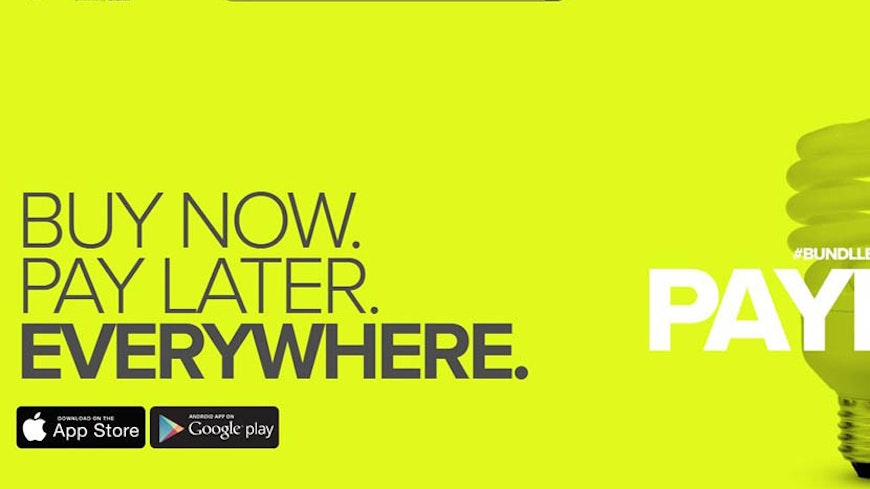
By Kate Harvey
Content Manager | Pou Whakahaere Ihirangi

A new buy now pay later (BNPL) service that’s letting people pay off everyday essentials such as petrol and groceries has budgeting services nervous, with one calling it a “ticking time bomb” for vulnerable people.
BNPL services let people pay off purchases such as clothing, homewares and technology in regular repayments over a few weeks. It’s been embraced by New Zealanders, with a survey we conducted finding nearly four in ten consumers use it. It’s an interest-free way to buy if you pay on time, but we estimate shoppers are having to pay $10 million a year in fees for missing repayments.
Newcomer Bundll has three budgeting services we spoke to worried because it can be used anywhere Mastercard is accepted — so nearly everywhere. It’s been bought out by one of the big BNPL players, Humm, and lets people create a “bundll” of purchases each week.
Users have two weeks to pay off their bundll without paying fees. If they don’t make payment in time they’re charged $10 or they can pay $5 to “snooze” their bundll for an extra two weeks. Another option is to pay $4.50 to create a superbundll, which is then paid off over six weeks with a one-off fee of 25%. Users have a spending limit of $1000.
Christians Against Poverty chief executive Sam Garaway said taking out debt to pay for essentials was a fast track to financial hardship or a sign you’re already there and need help.
“The ease at which you can pay later for everyday products with Bundll disincentivises saving and creates a platform for impulse buying. We see this as a ticking time bomb, especially for people vulnerable to financial hardship, as these debts can pile up and soon people are skipping meals to try and make repayments and their health and relationships are strained,” Garaway said.
He said families often cut back on spending on food and medical needs in order to make BNPL payments by the time they asked for help.
Citizens Advice Bureau deputy chief executive Andrew Hubbard said it was concerning to see people being encouraged to use BNPL for essentials.
“Some people may be able to use a service like this successfully, but we are concerned more people will get into trouble with it,” Hubbard said.
“If people regularly have to put basic items like groceries, fuel and public transport on their BNPL, as Bundll is encouraging people to do, what they may actually need is some assistance with their financial situation.”
FinCap, the umbrella organisation for 900 financial mentors throughout New Zealand, was also worried. Senior policy adviser Jake Lilley said he wanted people to be referred to a financial mentoring service — like the 200 it supports — if they were applying for credit to get the essentials.
“It is worrying if any whānau is finding themselves in a situation where they need to take out a loan to get the essentials,” he said.
He said BNPL was one of the most common issues financial mentors had raised in 2021.
Bundll head of corporate affairs Emma Rackley said Bundll was the only BNPL service that was compliant with the Credit Contracts and Consumer Finance Act (CCCFA).
“So customers must go through a full income and expense assessment, the same as that for a personal loan or credit card. In fact, we engage budget advisors like Sam, Jake and Andrew to help us identify where BNPL products can be improved to prevent customer harm. One concern is the fact that income and expense assessment is not required for BNPL. Bundll is unique in that it does require customers to be assessed, so it does not follow that Bundll will create more harm.”
Rackley said the majority of Bundll customers use the product responsibly but acknowledged things sometimes go wrong for people.
"We don't approve customers who can't afford to pay for their purchases but we know for some, circumstances can change. For the less than 1.4% of customers who need help, we have an active and empathetic hardship team who respond to requests within 48 hours," she said.
“We receive just 2.5% of our revenue from late fees – lower than all other BNPL and credit card products - and this revenue covers the cost of managing late payments as required by the CCCFA.”
The Ministry of Business, Innovation and Employment is currently consulting on possible options to address financial hardship caused by BNPL schemes. We’re calling for change to ensure vulnerable consumers are protected.


